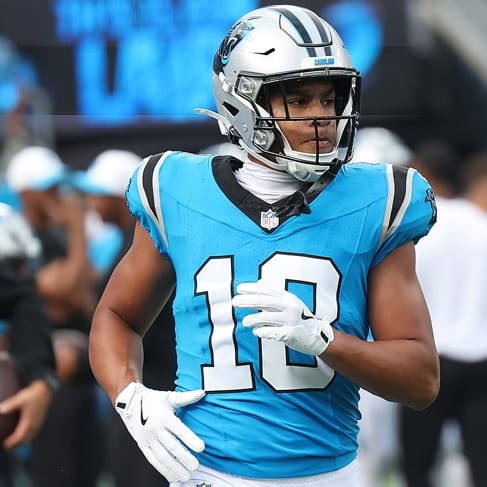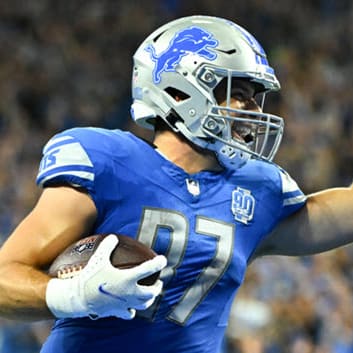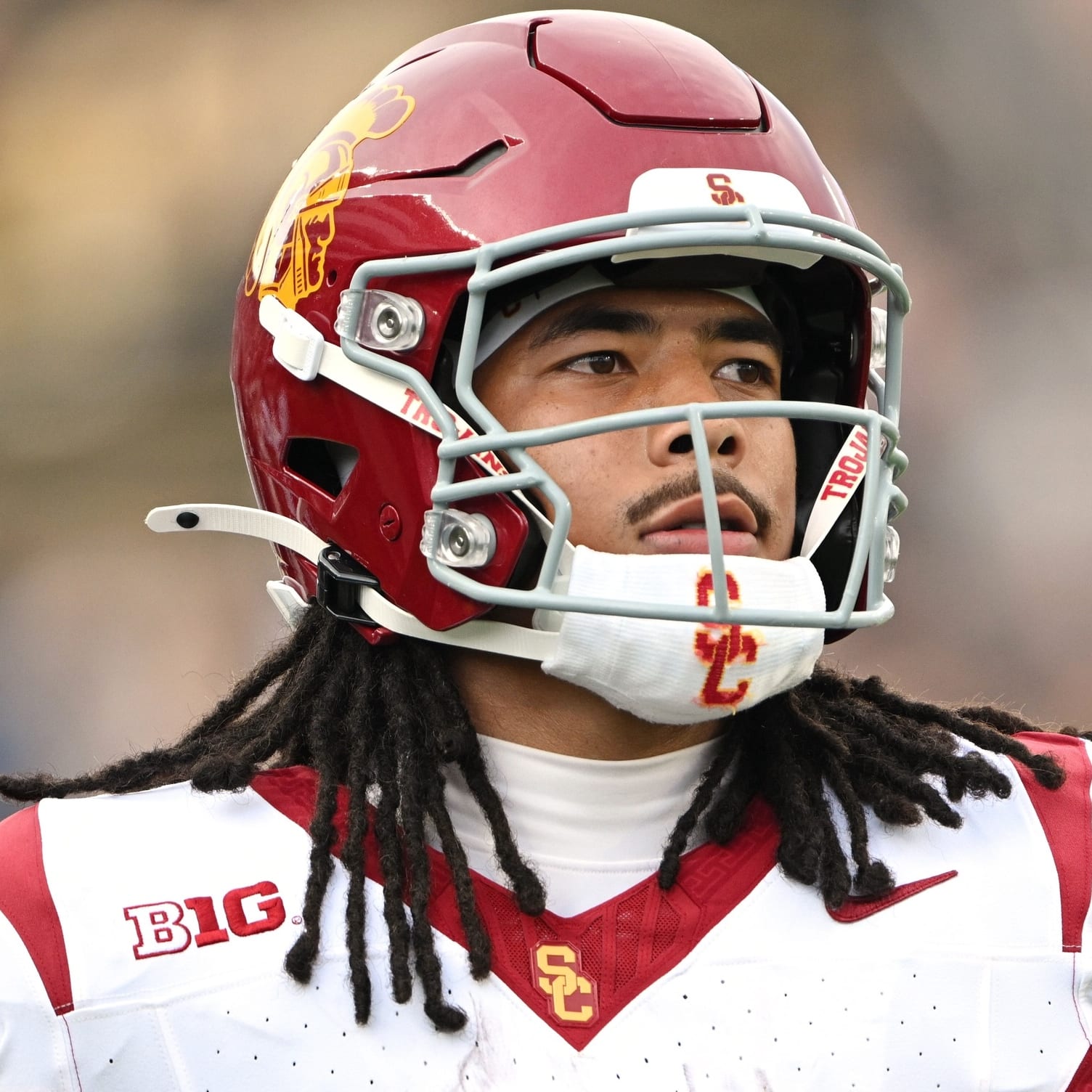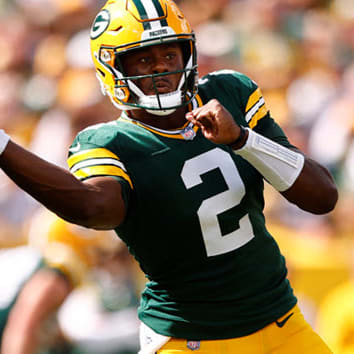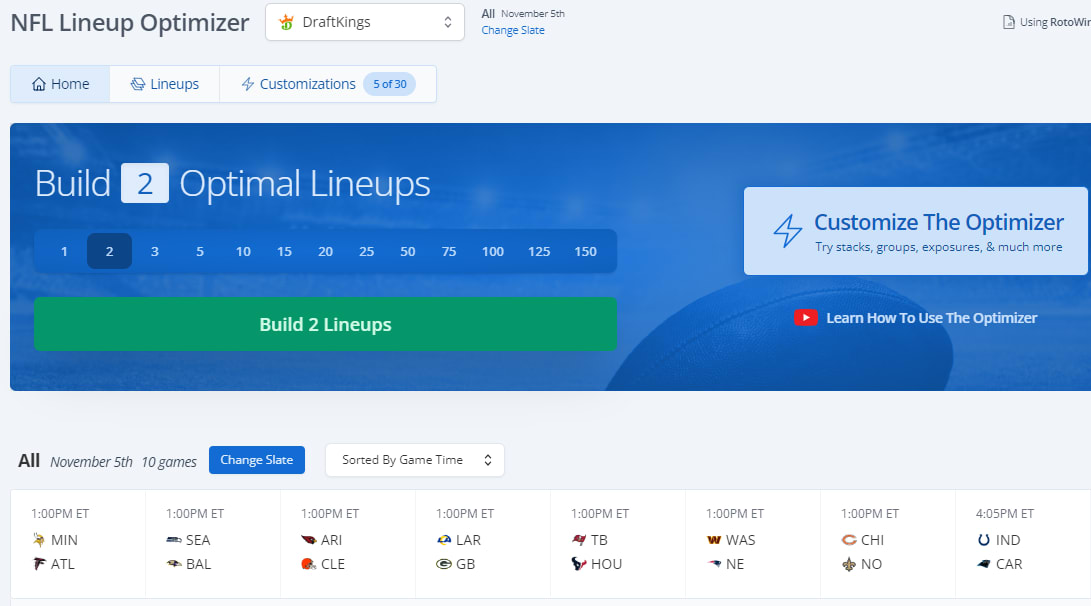In our previous installment, I lauded the general reliability of running backs in DFS, as compared to that of wide receivers. While running back workload distribution can often be relatively well-defined, targets among wide receivers can often vary considerably week to week. There are certainly exceptions to this rule—think Antonio Brown—but a variety of factors, especially matchups, can make different receivers the focus of attention on different weeks.
That makes identifying and developing effective strategies for selecting wide receivers in daily fantasy football particularly essential. Becoming familiar with each team's wide receiver landscape as a season unfolds is of utmost importance, as it can provide you with a clearer picture of who is ideally suited for a cash game (where you should look for safety more than sky-high upside) and conversely, who makes for a great tournament candidate.
As with the other skill positions, targeting wide receivers in DFS based on matchup can involve multiple criteria, so let's jump in and get more familiarized:
Targeting Based on Defensive Rankings
If you've read over our DFS 101 installment on targeting quarterbacks, you're already familiar with the importance of reviewing the opposing defense's metrics against the pass when conducting your daily fantasy football research. As you might imagine, this principle also applies heavily when evaluating a wide receiver's matchup in any given week.
Evaluating the opposing defense's performance against the pass, particularly as sample size builds throughout the season, can naturally be helpful, but it's important to dig beyond the surface as well to insure the numbers tell the whole story. For example, particularly early in the season, a secondary may have been torched by a Drew Brees or a Tom Brady in one game yet performed solidly in several others, and the one outlier can significantly skew the numbers for the worse.
Becoming familiar with the opposing team's cornerback personnel is also important when selecting wide receivers for your DFS lineups. A team's corner health can significantly impact their performance, particularly because good defensive backs are, generally speaking, scarce, so quality depth is usually at a premium around the league. Consequently, a key injury that wipes out a team's top cover man for several weeks can certainly result in a dip in their secondary's performance, but a return to health can help turn that around quickly.
Therefore, it never hurts to perform some due diligence on whether a team that looks especially vulnerable to the pass has been adversely affected by personnel losses in previous weeks. If so, be mindful that if they're getting back some reinforcements just in time for the game in which you're thinking of targeting them, you might be in for a letdown with respect to the expectations you may have held for your receiver.
Using Vegas as a Tool
In our aforementioned installment on quarterbacks, we emphasized how looking at both projected point totals and point spreads can be an integral component of conducting daily fantasy football research. This also is true when evaluating wide receivers for DFS.
As has been previously established, targeting teams with an elevated projected scoring total is a prudent starting point for making NFL DFS lineup decisions. We've previously examined how, when selecting a quarterback, you certainly want to get in on teams that are likely to score a substantial amount of points.
However, with the general reliability in performance that quarterbacks bring to the table, that is more or less a fairly safe proposition, particularly on passing teams. Identifying who's going to be on the receiving end of a bulk of his throws and the scores he's expected to amass—that's a completely different story.
Your best bet for safety in this regard is in situations where a No. 1 receiver so disproportionately dominates his team's targets in the passing game that there is only a minuscule chance that he doesn't thrive in a highly projected scoring game. Two shining examples in the current NFL would be the Falcons' Julio Jones and the Steelers' Brown, who received 45.8 percent and 43.5 percent of their team's targets, respectively, in 2015.
On many other teams, the target distribution may certainly be more varied. Digging into factors such as how many looks a team's tight ends tend to siphon away from receivers, how much breakaway potential your receiving candidate has, whether they're looked at as much more as a "between the 20s" option than a red-zone target, and how well the opposing defense tends to perform against No. 1 receivers can help you hone in on your daily fantasy football wide receiver selections.
Also, as we alluded to with quarterbacks, a game's point spread can also serve as a guide for how safe it might be to deploy a certain player. With receivers, only teams projected as a large favorite generally represent a stay-away situation.
The rationale is that if a significant favorite performs as expected, they'll likely be salting the game away in the fourth quarter with the running game. If a lead is big enough, you might even see some key offensive skill position players take a seat in the second half to avoid injury. Naturally, these are the type of situations we try to steer clear of in NFL DFS, as zero opportunity equals zero points!
Conversely, teams that are anywhere from slight favorites to sizable underdogs are more than welcome when making your wide receiver DFS selections. A tight game may not feature an inordinate amount of passing, but will certainly insure that both teams will continue deploying balanced attacks.
Meanwhile, any offense that falls behind by 10 to 14 points and up can usually be counted on to resort heavily to an air attack in an attempt to catch up, which can equal fantasy gold when you're rostering one of their receivers!
Utilizing Red-Zone Efficiency
A final discussion point is that of red-zone efficiency, and its role when evaluating wide receiver matchups in NFL DFS. As we know, touchdowns are of the holy grails in any fantasy format, so becoming familiarized with how often your receiver candidate is targeted near the goal line is extremely pertinent data.
Often, you'll find that your top target monsters naturally are also a quarterback's favorite in the red zone. Our aforementioned examples of Antonio Brown and Julio Jones bear this out, as they both also ranked in the top 10 league-wide last season when it came to red-zone looks. Be on the lookout for outliers though—there are certainly cases where a No. 2 or even a "1-A" receiver might be the preferred option near the end zone due to a variety of factors, including superior size.
Likewise, honing in on how vulnerable to the pass the opposing defensive unit is inside the 20 is a very closely related metric that bears careful review in conjunction with the aforementioned criteria. For example, a team may be particularly vulnerable through the air as the field shrinks due to smallish corners who can easily be out-jumped or boxed out in close quarters.
Always consider how the size of the receiver you're targeting might match up to the defensive backs most likely to be responsible for him. A notable size advantage for your receiver could pay off in the form of multiple end-zone visits, particularly if he's also proven to be a strong red-zone target overall.


























